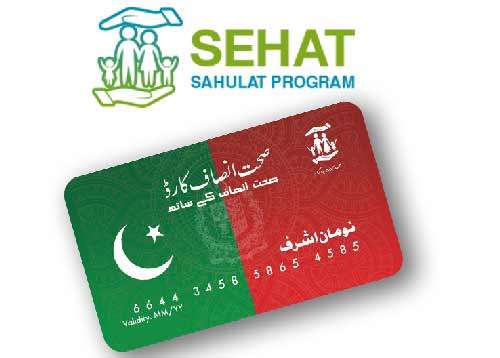Dr Javed Akram and Amir Mir, the caretaker ministers for Punjab, announced alterations to the health card programme at a press conference on Sunday. They said that while the health card would still be used for treatment, every person would be qualified to use it.
The free medical care provided by the health card would no longer be available to people who travel abroad or possess a mobile phone bill of at least Rs. 8,000, or an electricity bill of at least Rs. 10,000.
According to the ministers, someone with such costs is not regarded as being poor. They also stated that the Social Welfare Department would provide information on deserving people in order to ensure that resources were distributed properly. They emphasised that the caretaker administration’s position on the health cards is free of any political motivation.
The interim health minister, Dr. Javed Akram, brought attention to the abuse of health cards that the Pakistan Tehreek-e-Insaf (PTI) administration had previously implemented. He emphasised that this policy choice was made to conserve resources and stop the exhaustion of funds.
An Rs1.5 billion fund had been set up to address the problem, and only public hospitals will offer cost-free heart care. The government has additionally decided to restrict the use of the Pakistani flag on the Sehat card.
Amir Mir, the interim minister of information, explained that while the health card programme would continue, some restrictions would apply. He admitted that past abuses of the health card had allowed some people to make money off of them. He said that the Sehat Card Scheme was first introduced in 2015, under the leadership of Nawaz Sharif, specifically for deserving people.
To stop the abuse of the health insurance facility, Dr. Javed Akram further declared that CNICs are going to be used as Sehat Health Cards. He asserted that a few individuals had made millions using the Sehat Cards.
Additionally, he claimed that the Benazir Income Support Programme’s data is not complete. A problem with health cards was found to be unneeded stenting procedures.
When Dr. Javed Akram was questioned about holding elections, he clarified that it is the election commission, rather than the caretaker government, who is in charge of doing so.




